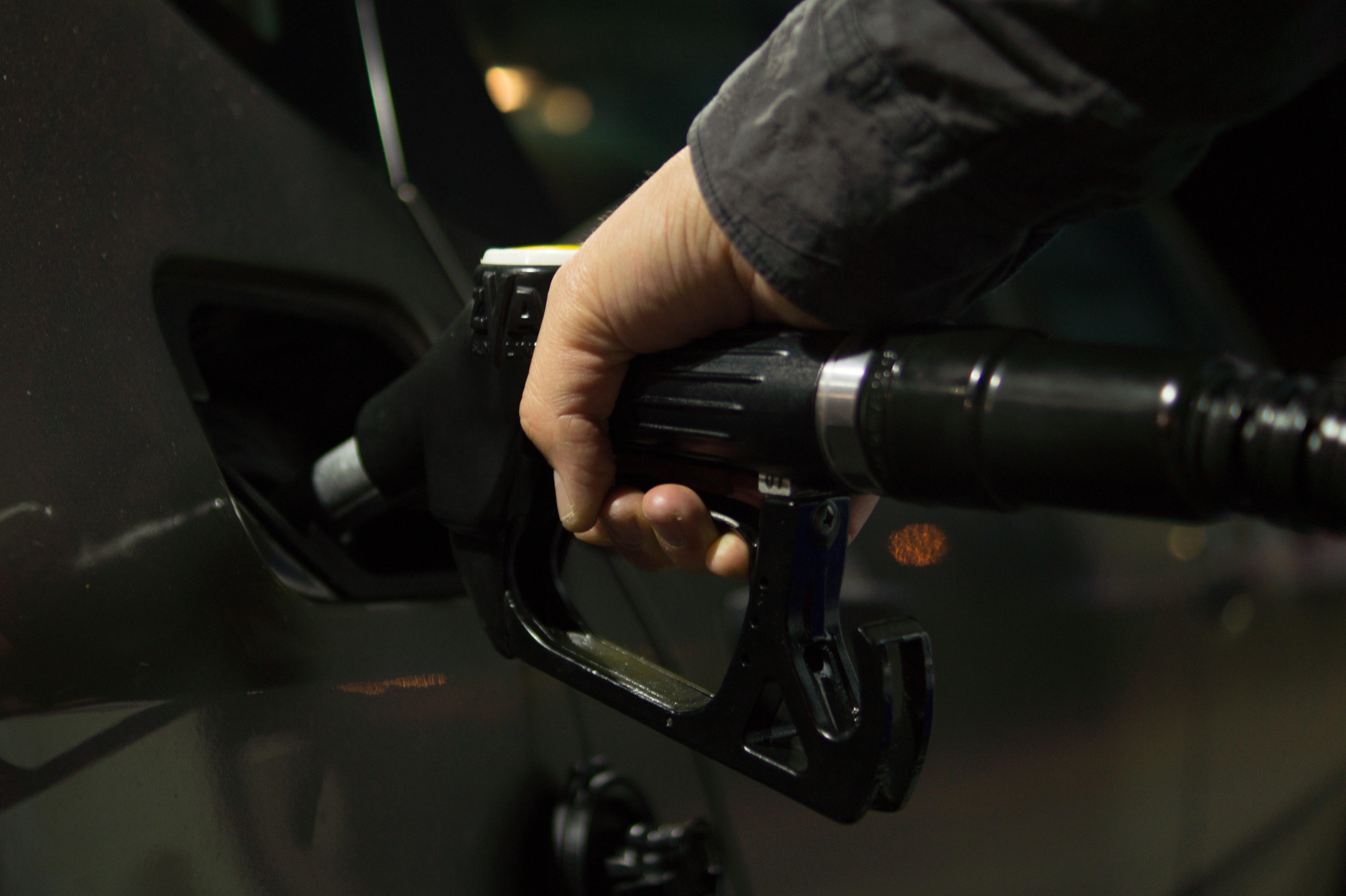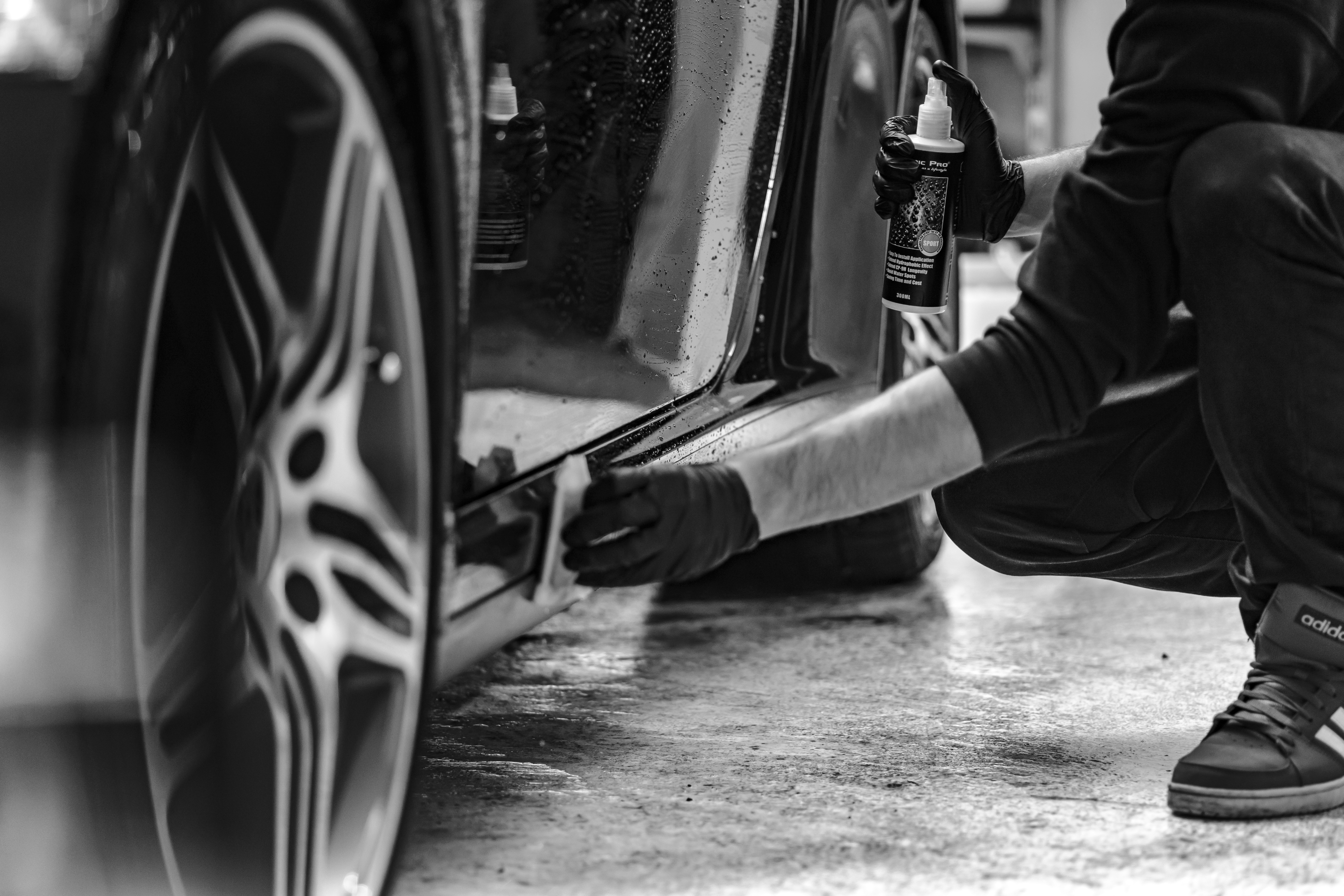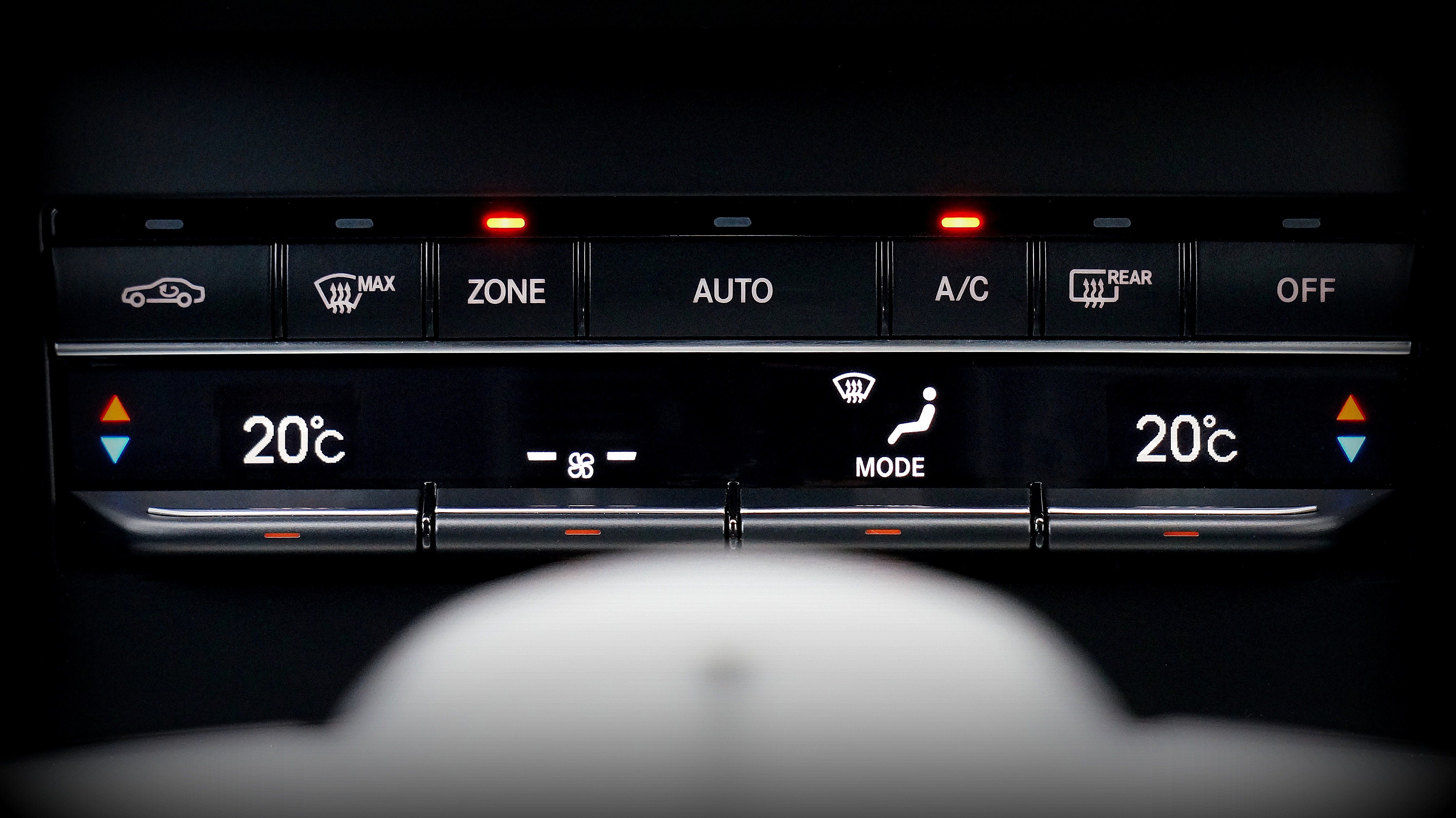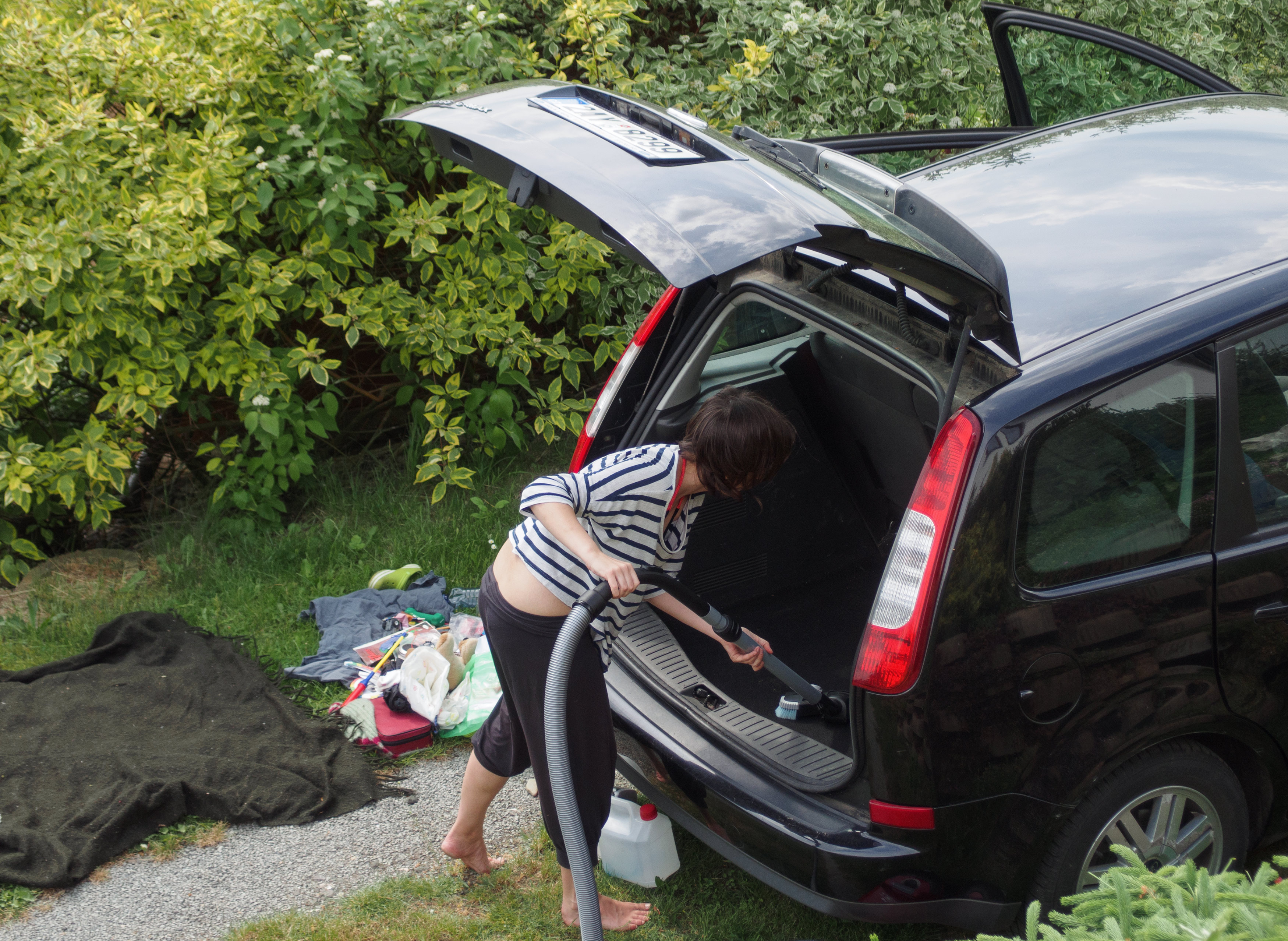Blog Archives
Feeling the drag? Step up your car’s performance with Trust My Garage
If you’re hitting the UK’s roads, it’s important to ensure your vehicle is performing well when you need it to – so check out our top tips on how to optimise your motor with Trust My Garage! It could even help with your safety and running costs; find out more by reading on.

Does your vehicle contain everything but the kitchen sink?
If you like to travel with all your personal possessions in your car, you’re out of luck! Gym bags, books and unnecessary tools might not weigh much individually but the grouped effect adds up quickly, and will affect your car’s fuel efficiency as it means the extra weight will cause you to burn more fuel to achieve your car’s usual level of performance.
It’s a simple matter of cleaning out any unnecessary items from your vehicle, as well as any rubbish that you may have accumulated over time since your last clean. By losing the extra items you can gain some performance – and maybe even go further between fuel station trips!

Air-con giving you a frosty feeling?
Did you know that when you use your car’s air-conditioning it could raise your car’s fuel consumption by as much as 8-10%? (info)
In hot weather it’s understandable to have the air-con running, and at high speeds it’s better for performance than opening a window for a breeze, but if you leave you air-con running most of the time when you’re driving it can impact performance and economy without you even realising!
If you want to utilise your air-con effectively, you should run the system once a fortnight for five minutes to make sure the system remains free of issues – but if you suspect there’s a problem with your air-con or it doesn’t feel cold anymore you can take your vehicle to your local Trust My Garage member for a check or re-gas service!

Racking up the boxes on your motor’s roof?
If you use roof racks and/or boxes on your motoring trips be sure to remove them in-between journeys. By leaving them in place you affect the aerodynamic design of your vehicle, which then increases drag and affects performance, including fuel consumption!
The easiest solution is to remove your roof equipment whenever it is not in use, but if this is impractical there are many types of lightweight options – although the faster you travel, the more this will impact your vehicle’s performance.

Is your motor feeling tyre-d?
Correct tyre pressures are important in order to stay safe on the road. If your tyres are under/over inflated then handling and grip will worsen, potentially causing irregular or unpredictable car wear as well as affecting handling behaviour. Tyres that aren’t fully inflated are also more likely to suffer from a sudden rapid deflation and will suffer premature wear on the outside edges of the tyre, meaning the wheel rim and tyre will be more susceptible to impact damage.
Checking your vehicle’s tyre pressure is easier than you might think! You can check and correct your tyre pressure at most UK petrol stations using a pay-per-use air and water station, or you can purchase your own tyre pressure gauge – the choice is yours.
If you aren’t sure what pressure is correct for your vehicle’s tyres you can refer to your Owner’s Manual. On many vehicles there is also a label on either the door pillar or inside the filler flap that provide tyre pressure information. Details should be provided in either/both BAR and PSI, and you can adjust your pressures to the recommended figure.
The tread of a tyre refers to the rubber on its circumference that makes contact with the road or ground. The legal limit for minimum tread depth in the UK is 1.6mm across the central three-quarters, however it is recommended to keep your tyres at 3mm or above for optimum grip. Drivers who fail to comply with the regulations face a fine of up to £2,500 and three penalty points for each illegal tyre.
Tread depth is important to maintain good grip on wet roads but, as the tread wears down, the tyres will lose the ability to grip well. The ‘20p test’ is a quick way to check the tread depth. Place a 20p coin into the main tread grooves at three points across the tyre and then repeat around its circumference. If the outer band is visible, the tyres may be unsafe or illegal and need to be checked by a professional garage or tyre specialist.

Bad performance? Not with this economy!
The best way to improve the performance and efficiency of any vehicle is to drive with economy in mind.
Looking further ahead when driving and ensuring keen observation can help you spot any potential hazards or traffic fluctuations earlier in your journey – giving you time to anticipate and use brake or accelerate at a gentler pace. This style of driving doesn’t affect your vehicle’s fuel economy in the same way that sharp braking and accelerating does, and it can also help minimise the wear on your tyres too!
Also, dropping your cruising speed by a few miles per hour will make a huge difference to your fuel costs and won’t add too much extra time to your journey. As an example, a journey of 100 miles driven at 70mph will take you 86 minutes, while driving at 60mph would only add 14 minutes to that time and you will use 10% less fuel.

Why you can Trust My Garage to take care of your servicing and MOTs
Another great way to ensure your vehicle is performing at its best is by keeping up with your yearly MOT requirements and ensuring it’s serviced regularly.
For a professional garage experience, you can find a local CTSI approved Trust My Garage member by visiting the Trust My Garage website’s ‘Find a Garage’ map! You can even try it out here:

Every garage in Trust My Garage are members of the Independent Garage Association, which is part of the RMI, one of Britain’s oldest motor trade organisations. IGA members are true professionals who have to comply with a strict code of practice, so they can help you motor on happily and safely.
Each and every customer of all Trust My Garage members can rely on using a nationally recognised brand to help you and your vehicle get the best value service for you and your vehicle – and you can find out more by visiting us at TrustMyGarage.co.uk or checking out our Facebook and Twitter pages!

Fuel-efficient driving – How can you make your motor’s MPG go the extra mile?
As of December 2018, BBC News’ Fuel Price Calculator revealed the price of fuel per litre across the UK stood at £1.24 and £1.34 for petrol and diesel vehicles respectively (source). With the cost of filling up the tank on the rise, Trust My Garage has some top tips on how to drive economically and make your MPG go further – check them out below!

Condense your time on the road
Did you know that when you drive a car that has been parked for a few hours the engine is cold and it uses more fuel to power the engine for the first five miles or so? By combining your errands into one daily trip you can save your pennies and your mileage – meaning your miles will last longer between trips to the pump.

Stick to the speed limit
This one should be a given for responsible driving, but stick to the speed limits! What Car? research shows that a vehicle going at 80mph uses up to 25% more fuel than one going at 70mph.

Spend a minute on maintenance
One of the best ways to improve your fuel efficiency is to keep your car well maintained and serviced regularly. By ensuring your car is running optimally you can utilise your fuel and go further for your pounds, even if it’s just pumping up your tyres to the correct pressure! If you’re not sure on how best to go about maintaining your car, check out our latest maintenance blog post: “Winter driving – how to stay safe when the cold hits”.
If you think your car could be in need of a service, you need a helping hand when it comes to good maintenance practice, or you think your motor could be in need of a repair, your local Trust My Garage member can help. Not sure if there’s a member near you? Pop your post code into TMG’s ‘Find a Garage’ map and we can tell you who’s nearby!

Air-con? Air-gone!
Car heaters don’t, in general, use up much fuel as they recycle the heat from the engine. Air conditioning, however, does. It’s definitely the case if you have an older vehicle but it’s much less noticeable with modern cars. Remember that using your air-con regularly is a good thing, as it keeps the seals in good condition. It also dries the air so that it’s as useful to you in winter as it is in summer for keeping your windscreen de-misted. But what about opening windows instead? When it comes to keeping them down it may affect fuel consumption at more than 40mph, but air conditioning marginally increases fuel use at all speeds.

Keep F1 on the track
“Slip-streaming” behind other vehicles to help save fuel is a technique Formula 1 drivers adopt, but it is highly dangerous and frowned upon by road safety experts. Similarly, switching off the engine whilst moving and coasting to a stop is also deemed to be extremely reckless – so don’t bring racetrack habits to the road.

Take a weight off
Just like your body, your car needs more fuel to move around more weight, which means you shouldn’t cart items around in your boot unless you absolutely need to. You can also reduce weight by filling up with less fuel, more often. You’d be surprised how much more a full tank of fuel weighs than half a tank!

Read the road and use gravity
Use gravity to your advantage and build up momentum by pushing on downhill to power through inclines. This may sound confusing, but a good way to do this is to read the road as if you were on a pushbike and accelerate accordingly. While doing this, be sure to look far ahead while driving and keep moving where possible by anticipating obstacles. Easing off the throttle and keeping momentum is better than speeding up, braking and then starting all over again.

What is Trust My Garage?
Trust My Garage is a collection of Britain’s best local garages – every one different and every one dedicated to the highest standards of skill and personal service. All the garages in Trust My Garage are members of the Independent Garage Association – which is part of the RMI, one of Britain’s oldest motor trade organisations. IGA members are true professionals who have to comply with a strict code of practice.
Each and every customer of all Trust My Garage members can rely on using a nationally recognised brand. If there’s a problem that can’t be sorted out between you and your garage, the IGA takes over and helps to achieve a happy outcome.
For more information about Trust My Garage or to locate your nearest TMG member visit www.trustmygarage.co.uk.

Make sure your driving isn’t costing the earth
We have already pointed out the things to look out for when driving abroad but if you are driving on holiday in the UK this year have you considered your carbon footprint? In 2008, the UK government unveiled its plan to cut the nation’s carbon emissions by 80% before 2050, and last year UK vehicle manufacturers were told by EU environmental regulations that they should cut their carbon emissions throughout the manufacturing process. So what can you do to make sure your driving not only saves money by reducing your fuel consumption, but you will also contribute to saving the planet by not releasing harmful emissions into the atmosphere?
You can make a start by following our top ten tips for greener driving:
10. Change your car to one that is more fuel efficient
OK, it might seem an expensive thing to do if you have already had your car for a long time, but if you are due a change, make sure vehicle efficiency is something you consider. Typically, scaling down from a large vehicle to a smaller vehicle will result in less CO2 emissions. Bear in mind that cars with electric engines emit no pollutants and charging stations are increasing across the UK.
9. Remove roof racks when not required
Vehicle manufacturers are always looking to make their products as aerodynamic as possible. Adding a roof box or rack on top of your vehicle compromises this. It increases the wind drag on your car, making your engine work harder and increasing fuel consumption, especially when driving at high speeds. If you don’t need to use it for your journey, remove it.
8. Check your tyre inflation
Tyres are often be overlooked by drivers, but one of the easiest ways to reduce carbon emissions is to make sure your tyres are properly inflated. Underinflated tyres make the engine work harder due to the surface drag and friction with the road surface. Properly inflated tyres have less contact with the road, encountering less friction and meaning that excess fuel is not wasted. Driving on underinflated tyres also leads to potential damage to the tyre or the wheel rim which means you will have to change your tyres more frequently, resulting in a higher use of the earth’s resources.
7. Eliminate excess weight
We all put things in our boot and leave them in there, but this could be harming your green credentials. Remember your engine burns fuel for energy, so the more energy it needs to carry the unnecessary weight, the more C02 emissions are released into the atmosphere. Make sure you have only what is necessary in your boot and remove any items you don’t need to carry it around.
6. Drive in the correct gear for the road conditions
It is something you are taught when learning to drive, but remember to drive in the most appropriate gear for the road conditions. Getting into fifth ( or even sixth in modern cars) gear during motorway driving, for example, whilst staying within the speed limits, will help with optimising your fuel consumption. However, remember to stay in a lower gear when driving down steep hills.
5. Plan your route
Avoid getting lost. Not only does this add unnecessary time to your journey, it also increases fuel consumption and wear and tear on your car if it is something that happens regularly. Invest some time in planning your route before you begin a journey. This will ensure you conserve fuel as well as enjoying a stress free and pleasant journey. If you are a SatNav user remember that some devices offer a “green” option in the settings along with “quickest” and “shortest”
4. Avoid unnecessary shopping trips
For most people, shopping is a chore yet many of us make unnecessary trips to the supermarket or the local shops for items we’ve forgotten during our weekly shop. This means increased fuel consumption, increased emissions and further wear and tear on the car. Minimise the number of journeys you make by planning ahead.
3. Drive at a steady speed
Driving within the speed limit is a legal requirement, but try to keep your vehicle at a steady speed when driving. Accelerating rapidly and braking harder than you need to all reduce efficiency and waste fuel. Drive at a steady speed and stay at that pace for as long as you can to ensure you only use the fuel you really need to use.
2. Turn off the engine when you are stationary
If you are stuck in a traffic jam or waiting to pick up a friend, turn your engine off. Many of us probably leave our engine running when we really could – and should – have turned it off. This is the easiest way to waste fuel and is more harmful to the environment.
1. Get your vehicle serviced regularly at a Trust My Garage member
Trust My Garage members have the professional expertise and vehicle know-how to keep you car a lean, green machine. Regular services make sure things like your tyres and engine, are performing as they should and you are not unknowingly wasting any fuel or damaging the environment.
So what are you waiting for? Book in with your local Trust My Garage member today and enjoy a service backed by Trading Standards after we applied to become a government code. Enter your postcode into our website HERE and book your car in with a trusted technician today.

